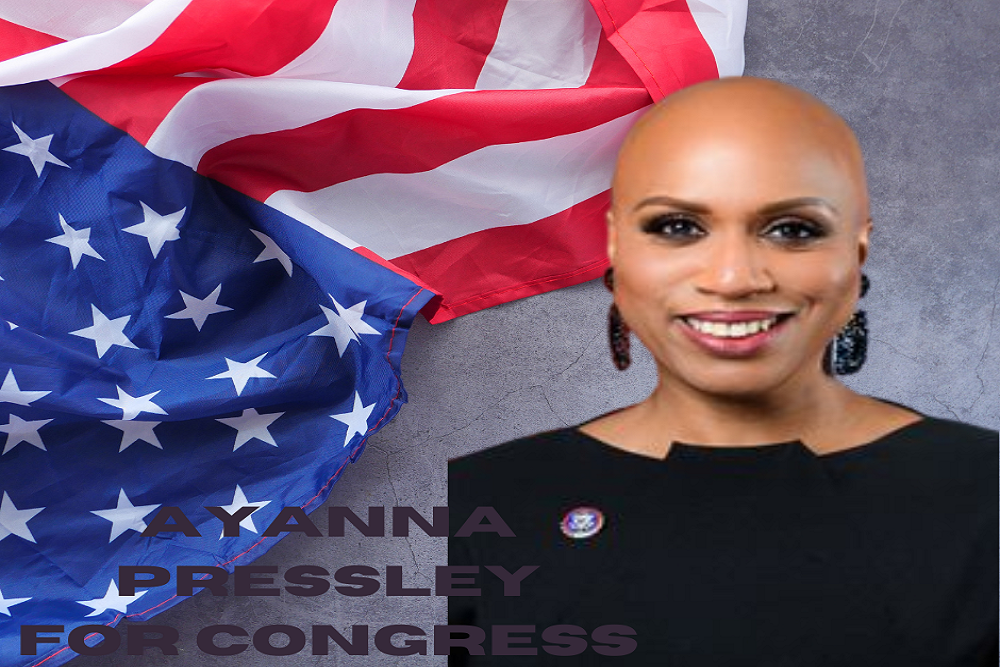When we consider the root causes of inequities that exist in our communities, it is critical that we consider the impact of violence and resulting trauma. The epidemic of gun violence – and particularly mass shootings – has dominated the national conversation about violence and how we respond to it, but the violence impacting our communities takes many forms, including sexual violence, intimate partner violence, and violence against immigrants and the LGBTQ community. And violence, regardless of type, invariably results in trauma – for those directly impacted, family, friends, and others in the community.
As a survivor of sexual violence, I understand, on a personal level, the lasting challenges associated with trauma. For communities disproportionately impacted by violence – including women and girls, the LGBTQIA community, communities of color, and immigrant families – the collective impact of violence-related trauma can create significant inequities in health outcomes, educational attainment, and economic opportunity. We must be intentional about shining a light on the experiences that lead to trauma and the challenges faced by those who are continuing to deal with it, and we must pursue specific policy to deal with the root causes of trauma, including legislation that removes weapons of war from our streets, supports survivors, and stokes the public consciousness about the impact of trauma.
Original source can be found here


